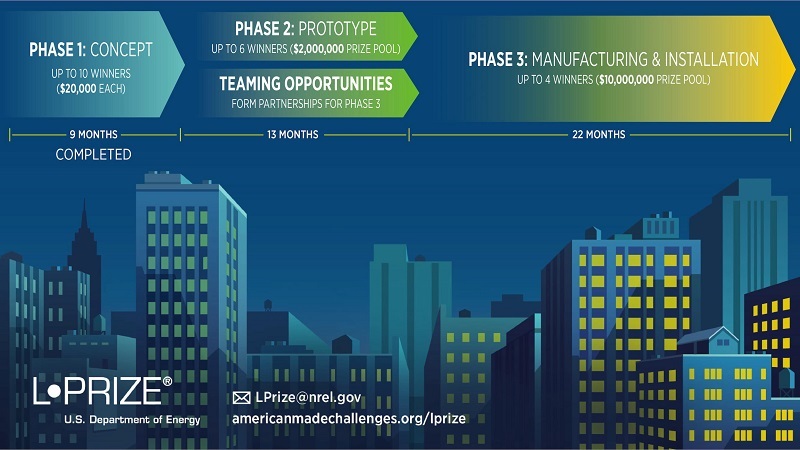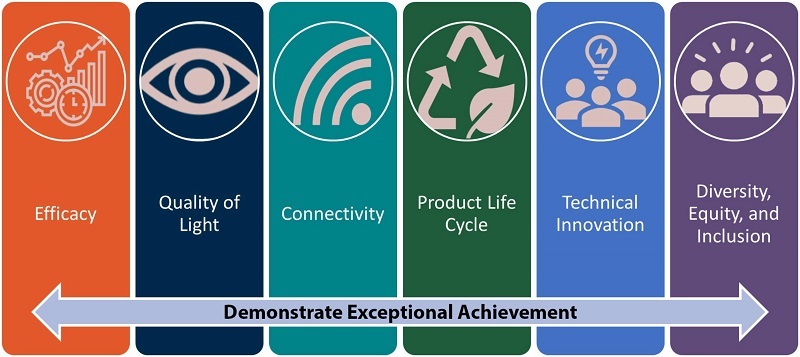




July 14, 2022
 The US Department of Energy (DOE) has opened the Prototype Phase of its L-Prize competition. This second phase of the L-Prize has separate tracks for Luminaires and Connected Systems, and up to 6 winners will share a prize pot of $2 million. Entrants must register by January 2023, and the submission deadline is May 1, 2023.
The US Department of Energy (DOE) has opened the Prototype Phase of its L-Prize competition. This second phase of the L-Prize has separate tracks for Luminaires and Connected Systems, and up to 6 winners will share a prize pot of $2 million. Entrants must register by January 2023, and the submission deadline is May 1, 2023.
The two tracks both have mandatory standards-based connectivity requirements, and there is a very strong focus on the use of D4i and Zhaga Book 20 (which references D4i).
The L-Prize seeks to boost innovation in advanced LED lighting fixtures and control systems for use in commercial and institutional buildings. The competition will rewards entries that demonstrate exceptional performance in four technical areas: efficacy, quality of light, connectivity, and product life cycle.
The Luminaires track has mandatory connectivity requirements for a standards-based digital driver, and a standards-based sensor port and connector.
| Specifically, luminaires must utilize an LED driver with standardized power, data, and sensor capabilities in compliance with D4i or ANSI C137.4-2021 (which is harmonized with D4i – see News). |
| Also, luminaires must incorporate a standardized sensor receptacle aperture with physical shape and minimum keep-out area dimensions in compliance with Zhaga Book 20 or NEMA LS 20000-2021. |
The Connected Systems track also has a number of mandatory requirements:
| Standards-based luminaire or system controller | The connected system must be able to communicate with and control luminaires that have D4i or ANSI C137.4 compliant drivers and/or sensing/communication modules and leverage the standardized data stored in the driver memory banks. |
| Addressability | The system must have the capability to uniquely identify and/or address each lighting system luminaire and device digitally via software. This is a core feature of DALI and D4i. |
| Energy reporting | The system must be able to measure and report the lighting system energy use. This is enabled by DALI Part 252. |
| Fault detection and diagnostics | Extra points will be awarded for systems that leverage the data provided by D4i drivers to detect and report specific faults. This is enabled by DALI Part 253. |
| Lighting control strategies | The system must have the capability to implement all of the following adaptive lighting strategies; task tuning, scheduling, occupancy sensing, and daylight harvesting. The system must also be capable of manual control of lighting by a building occupant. All these features are readily achieved using DALI. |
| Standards-based luminaire-level lighting control (LLLC) | The system must provide a connected sensing/communication module with occupancy and ambient light sensing capabilities that can be directly installed into each luminaire through a standards-based Zhaga Book 20 or NEMA LS 20000-2021 sensor receptacle (shapes RR1, RR2, CC1, CC3, or EM1) and connected to a standards-based D4i or ANSI C137.4 compliant driver. |
More about the L-Prize
The Lighting Prize (L-Prize) is designed to advance the US clean energy economy for next-generation LED lighting, encouraging innovators to engage in advanced lighting system development that leads to transformative designs, products, and impact. The L-Prize will reward innovations that move rapidly to improve lighting performance, resulting in energy, emissions, and cost savings for American businesses and consumers.
The competition will award a total of $12.2 million in cash prizes across three distinct phases: Concept, Prototype, and Manufacturing & Installation. In the Concept Phase, the DOE awarded $20,000 each to four winning competitors. In the Prototype Phase, DOE plans to split a total prize pool of $2 million between up to six winners. In the Manufacturing & Installation Phase, up to four winners will share a $10 million prize pool.
The L-Prize targets connected lighting technologies for commercial building applications where significant energy savings and occupant benefits can be achieved, compared with conventional lower-performing and non-connected lighting systems.
The challenging technical requirements are intended to stimulate creative approaches that raise the bar for efficacy, quality of light, connectivity, and lifecycle environmental impact.
More details: L-Prize competition
